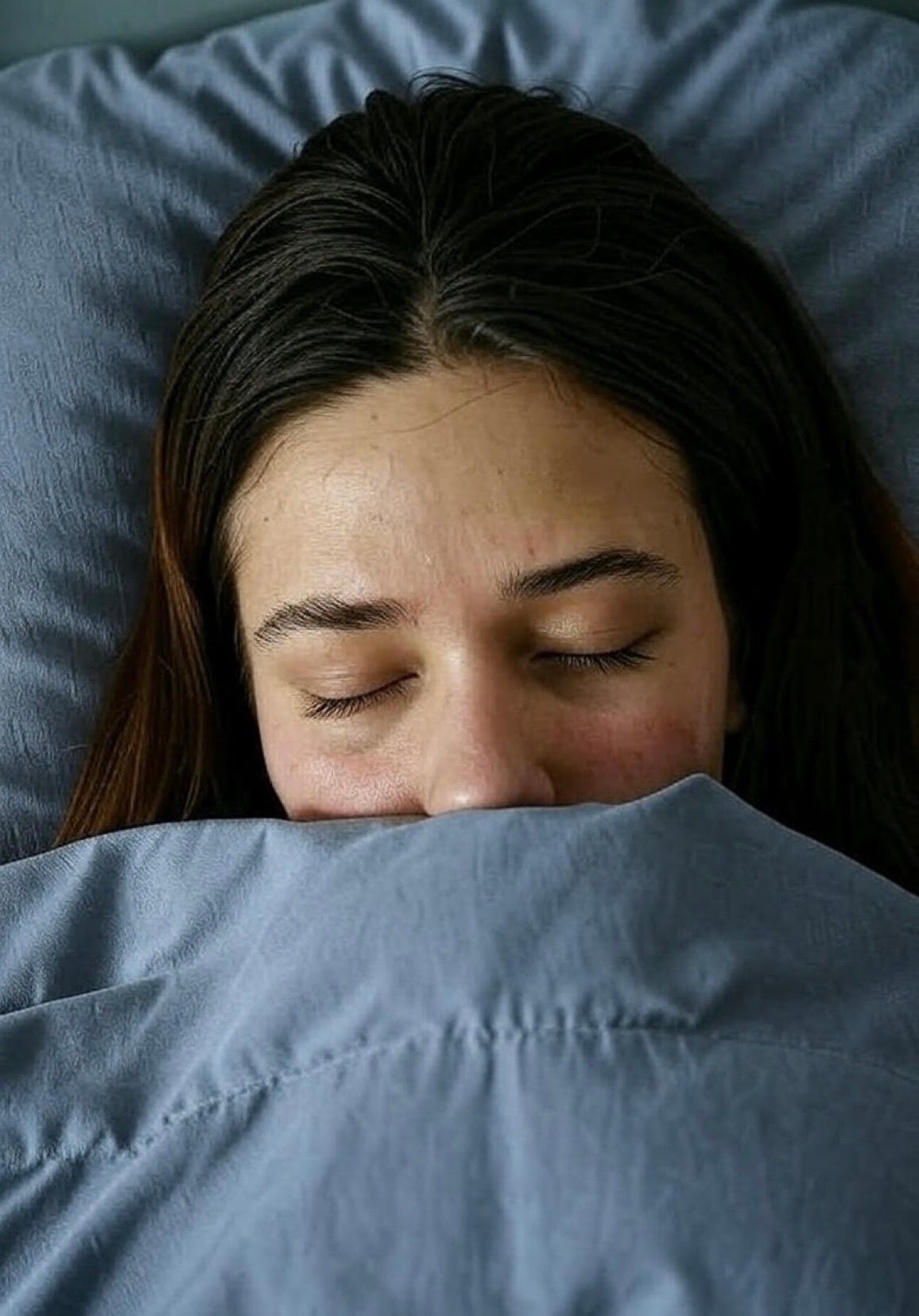Long Covid & My Brother-in-Law
I was talking to my brother-in-law the other day about something completely unrelated. Long COVID came up. He’d heard the term, but didn’t really know what it meant. I gave him a short version of what I’ve been writing about. He blinked and said, “Gosh, I haven’t thought about COVID in a long time.”
There it is.
Most people outside these online bubbles haven’t. COVID’s not part of their daily landscape anymore. Not really. If they’re not sick, it’s gone. Or it might as well be.
We kept talking, and I could tell I’d hit the limit. His nervous system gave me the cue. You learn to stop right before the walls come up. That’s not manipulation. That’s emotional self-preservation.
Still, I saw it land. Just a little. A seed in the dirt. Maybe it grows later.
That’s what the book, How Minds Change is about. It’s not facts that change people. It’s trust. It’s relationship. You can’t argue someone into seeing what they’re not ready to see. What you can do is create space. Ask real questions. Stay connected. The shift comes later, after the conversation ends, when they’re alone and the old story starts to wobble.
If you’re dealing with Long COVID, that kind of patience isn’t a luxury you get to have. I know. You’re watching people you love act like none of it matters, while your life is barely functioning. You want to scream. But if you’ve got someone who can read that book, someone whose mind is still clear, let them. Let them carry the tools for you. Let them talk to your family. Let them ask the questions you’re too tired or too hurt to ask.
Because this forgetting? It’s everywhere. And it’s not because people are bad. It’s because their reality tells them they’re fine. Their bodies bounced back, so they assume everyone else’s did too.
My brother-in-law isn’t a denier. He’s kind, smart, thoughtful. One of the wisest people I know. But he didn’t choose his understanding of this. His wife, his daughter, himself, they all seem fine. No obvious effects, at least not yet. And that shapes what he sees as true.
In How Minds Change, David McRaney talks about “identity-protective cognition.” People don’t believe things because they’re true. They believe things that keep them in good standing with their community. Change feels like exile. And no one wants to be cast out.
That’s why doctors folded too. Not because they don’t care. But because they live here, same as everyone else. They’re tired. They want normal. They need their friends. They’re protecting their place in the tribe.
But reality doesn’t care about tribes.
Long COVID is real. It’s wrecking lives. And it’s not going to stay hidden forever.
It just takes this species a while. We delay. We deny. We look away. But eventually, the truth gets loud enough.
And like I always say, reality is a brick wall. It doesn’t bend. It doesn’t negotiate. It shows up.
If you’re sick, hold on. The tide is turning. The world will eventually see what you’ve been enduring all along.


